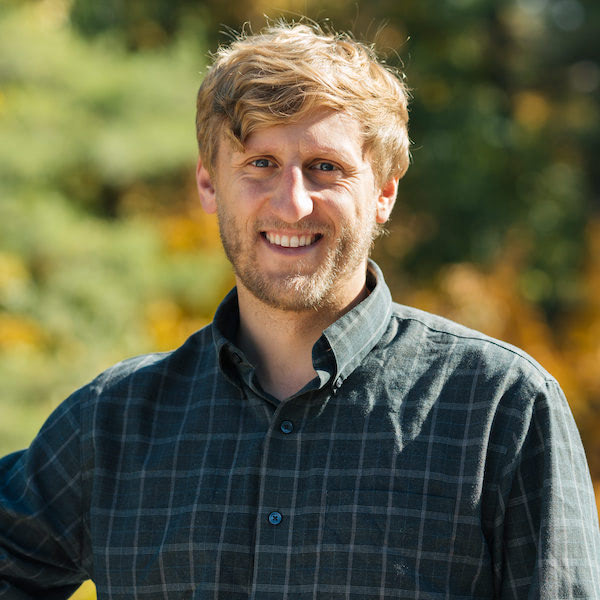- Undergraduate
Bachelor's Degrees
Bachelor of ArtsBachelor of EngineeringDual-Degree ProgramUndergraduate AdmissionsUndergraduate Experience
- Graduate
Graduate Experience
- Research
- Entrepreneurship
- Community
- About
-
Search
All Thayer News
Dartmouth Engineering Professor Receives Grant to Study Glacial Melt in Greenland
Oct 01, 2020 | by Julie Bonette
Dartmouth engineering professor Colin Meyer was awarded more than $500,000 from the Heising-Simons Foundation for the development and application of hydrology models for snow, firn, and subglacial flows in Greenland in order to advance understanding of the rate and impact of glacial melt.
For the research project, “Follow the Water, Hydrology of Helheim Glacier, Greenland,” Meyer will collaborate with Dartmouth students as well as faculty from Georgia Tech and the University of Buffalo. Each of the three institutions was awarded a separate grant to do work that allows for a holistic understanding of the Helheim glacier hydrologic system. Meyer will focus on developing mathematical models for the motion of water from the surface to the bed of the glacier.
Together, the team aims to elucidate the temporal and spatial dynamics that influence the movement of meltwater. Their research findings will inform more accurate forecasting for Greenland’s continued contributions to sea level rise, which can help local communities adapt to a changing environment and coastal communities around the world prepare for rising seas.
“I am excited to develop new mathematical models for water flow through glaciers, and am especially looking forward to going to Greenland for the first time next summer, pandemic permitting,” said Meyer.
Today, the rate of ice mass lost from Greenland is unprecedented and accelerating, which is among the reasons that Dartmouth has prioritized understanding the effect of climate change on the Arctic and its communities.
Meyer, an affiliate of Dartmouth’s distinguished Ice Research Laboratory and a member of the "Arctic Engineering in a Period of Climate Change" academic cluster, works on the fluid dynamics of two-phase frozen systems.
According to its website, the Heising-Simons Foundation works with its many partners to advance sustainable solutions in climate and clean energy, enable groundbreaking research in science, enhance the education of the youngest learners, and support human rights for all people.
For contacts and other media information visit our Media Resources page.

